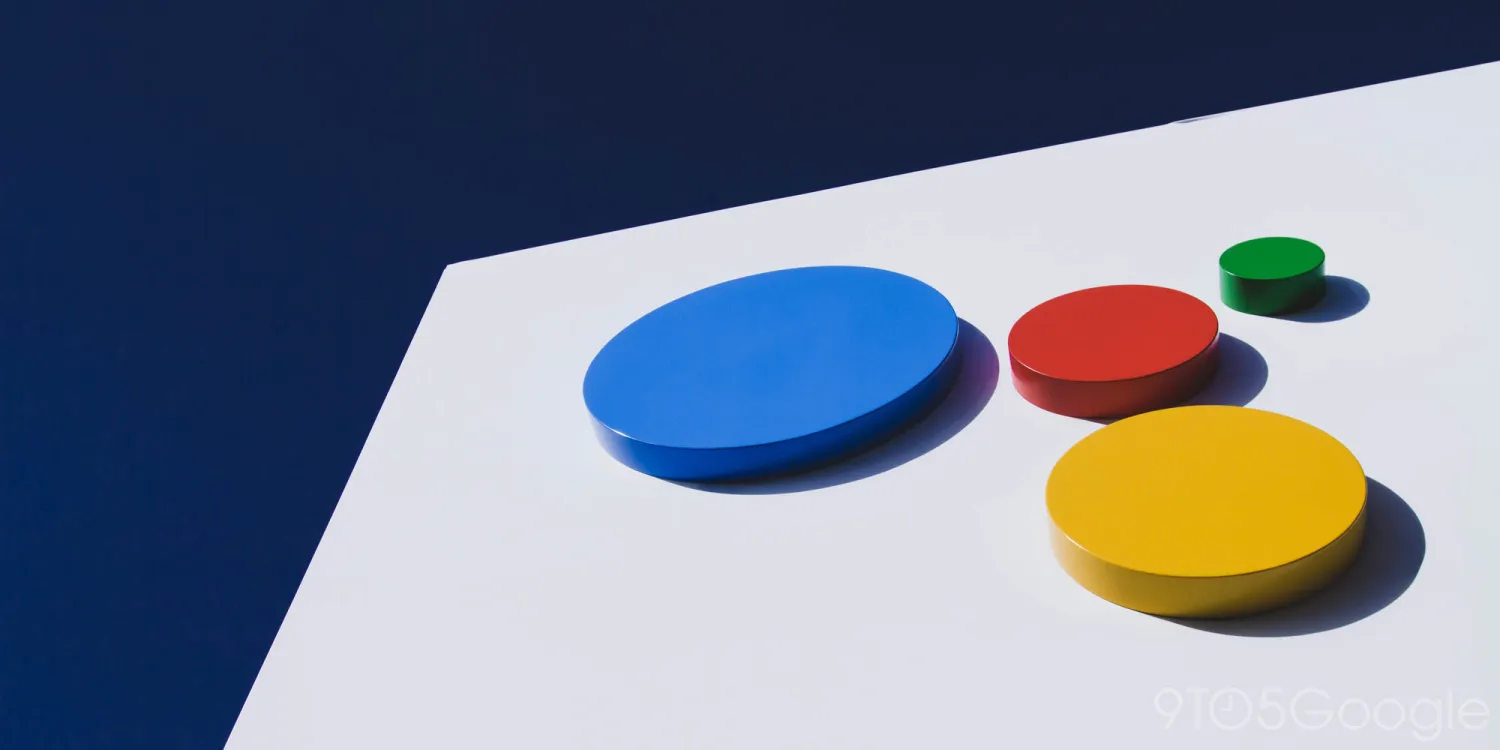White Castle to deploy voice-enabled digital signage in US
SOURCE: HTTPS://WWW.VERDICTFOODSERVICE.COM/
OCT 04, 2023
Google Assistant working on ‘Personalized speech recognition’
SOURCE: 9TO5GOOGLE.COM
MAY 27, 2022

In March of 2021, Google started using federated learning on Android to improve “Hey Google” hotword accuracy. An upcoming “Personalized speech recognition” feature now looks to help Google Assistant get “better at recognizing your frequent words and names.”
About APK Insight: In this “APK Insight” post, we’ve decompiled the latest version of an application that Google uploaded to the Play Store. When we decompile these files (called APKs, in the case of Android apps), we’re able to see various lines of code within that hint at possible future features. Keep in mind that Google may or may not ever ship these features, and our interpretation of what they are may be imperfect. We’ll try to enable those that are closer to being finished, however, to show you how they’ll look in case that they do ship. With that in mind, read on.
According to strings in recent versions of the Google app on Android, “Personalized speech recognition” will appear in Google Assistant settings with the following description:
Store audio recordings on this device to help Google Assistant get better at recognizing what you say. Audio stays on this device and can be deleted any time by turning off personalized speech recognition. Learn more
That “Learn more” might link to an existing support article about Google’s use of federated learning to improve hotword activations by similarly using “voice recordings stored on users’ devices to refine models like “Hey Google” detection:
It learns how to adjust the model from the voice data, and sends a summary of the model changes to Google servers. These summaries are aggregated across many users to provide a better model for everyone.
The upcoming feature looks to expand those machine learning-based improvements beyond “Hey Google” to your actual Assistant commands, especially those with names (e.g., using your voice to message contacts) and frequently spoken words. Audio of past utterances will be stored on-device and analyzed to make transcriptions more accurate in the future.
On devices like the 2nd-gen Nest Hub and Mini, Google already uses a machine learning chip that locally processes your most common queries “for a much faster response time.” That concept might now be expanding beyond smart home devices to Android.
Given Google’s stance toward Assistant and voice privacy, this will likely be an opt-in feature, like Assistant settings > “Help Improve Assistant” is today. From the description available today, “audio stays on this device” and is deleted upon disabling the capability. Meanwhile, when you turn off Personalized speech recognition, Google warns that:
If you turn this off, your Assistant will be less accurate at recognizing names and other words that you say frequently. All audio used to improve speech recognition for you will be deleted from this device.
It’s not clear when this capability will launch, or how much of an improvement it will have. This comes as Google at I/O 2022 previewed how conversations with Assistant next year will become more natural. Assistant will essentially ignore – and even verbally acknowledge – “umm,” interruptions, natural pauses, and other self-corrections. This is in comparison to the Assistant today taking what you said verbatim and issuing a response.
Thanks to JEB Decompiler, from which some APK Insight teardowns benefit.
Dylan Roussel and Kyle Bradshaw contributed to this article.
FTC: We use income earning auto affiliate links. More.
Editor-in-chief. Interested in the minutiae of Google and Alphabet. Tips/talk: abner@9to5g.com
LATEST NEWS
Augmented Reality
Hi-tech smart glasses connecting rural and remote aged care residents to clinicians
NOV 20, 2023
WHAT'S TRENDING


Data Science
5 Imaginative Data Science Projects That Can Make Your Portfolio Stand Out
OCT 05, 2022

SOURCE: HTTPS://WWW.VERDICTFOODSERVICE.COM/
OCT 04, 2023
SOURCE: HTTPS://RESEARCH.AIMULTIPLE.COM/
JUL 12, 2023
SOURCE: HTTPS://RESEARCH.AIMULTIPLE.COM/
JUL 11, 2023
SOURCE: TECHCRUNCH.COM
OCT 27, 2022
SOURCE: THEHINDU.COM
OCT 16, 2022